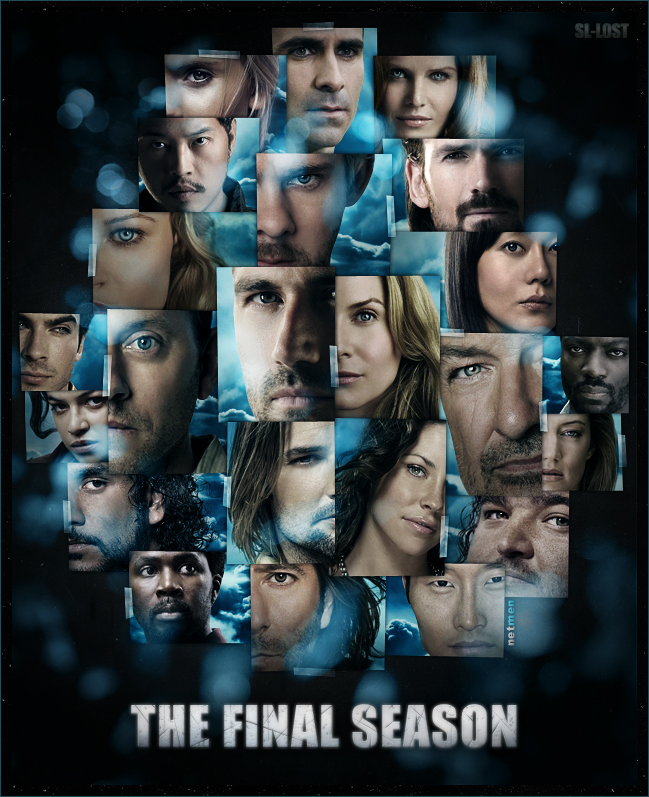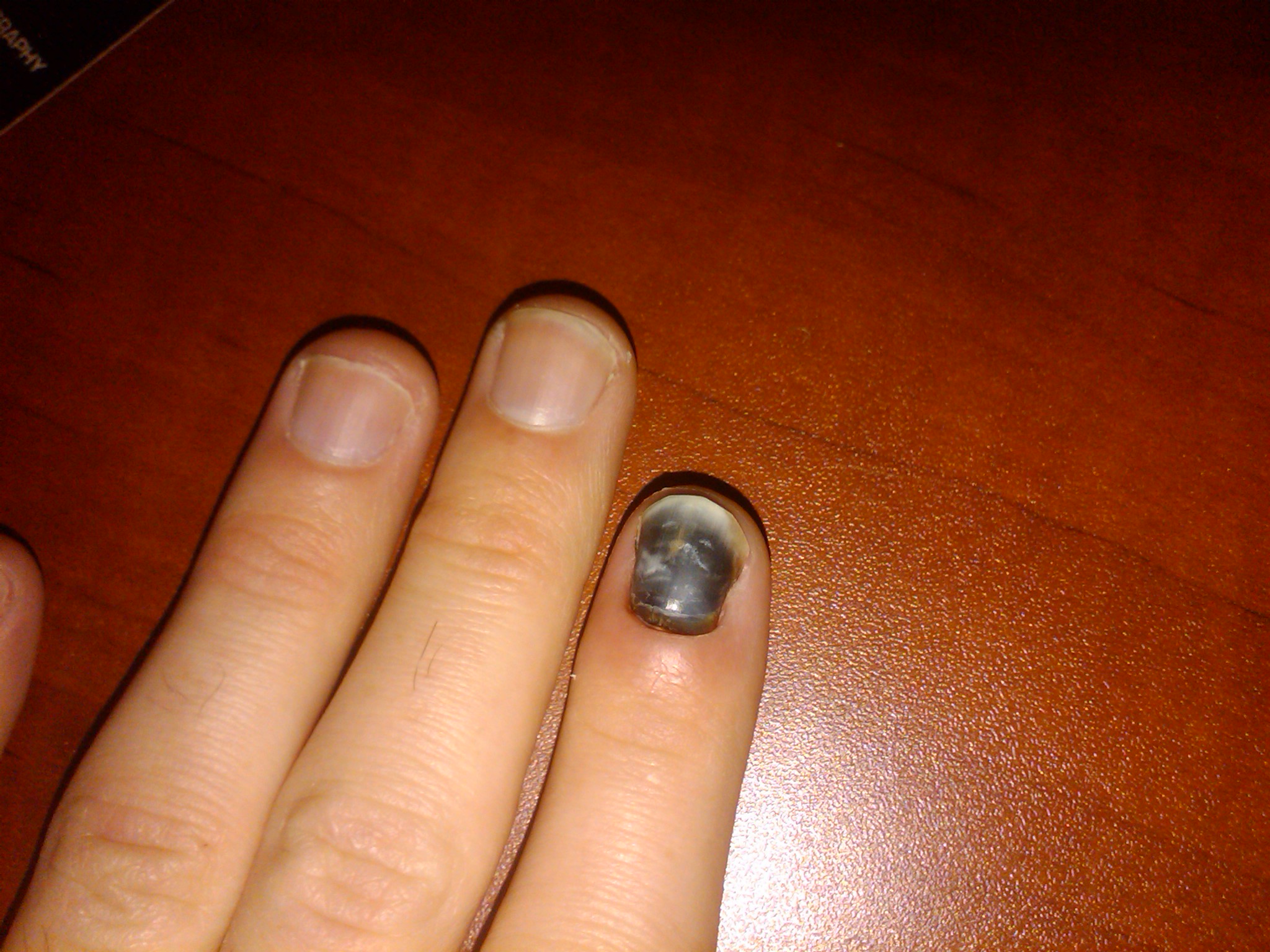I recently read the book The Search for God and Guinness by Stephen Mansfield and was absolutely enthralled by it. Stephen is a New York Times bestselling author with a long list of books including: The Faith of George W Bush, Ten Tortured Words, The Faith of the American Soldier, Never Give In: the Extraordinary Character of Winston Churchill, and The Faith of Barack Obama to name a few. As a former pastor, Mansfield now spends his time analyzing trends with spirituality and the world around us.

Jeremy: Tell us something odd/unique about you.
Stephen: I grew up largely in Berlin, Germany, during the Cold War. My father was the senior U.S. Army intelligence officer in the mid-1970s and so I had an unusual upbringing behind the Iron Curtain.
Jeremy: In a sentence or two, what is the most profound aspect of the connection between God and Guinness as you’ve unpacked it?
Stephen: The connection that means the most to me is that John Wesley should preach to Arthur Guinness’s church in Dublin, Arthur would be inspired to build a company along the lines of Wesley’s social teaching, and the world would be changed as a result. The other interesting connection for me is that the company sold beer. You could hardly find an item so “secular†and “unspiritual.†And yet, by being faithful before God, Arthur was allowed to use beer to change the world. It should inspire us to believe that we all can change lives no matter the profession we are in, no matter how “secular.â€
Jeremy: Do you think people are born leaders or develop into leaders?
Stephen: Leaders are made. Human beings might naturally want to follow the good looking and the tall and the commanding of manner, but true leaders are fashioned by suffering, devotion and experience.
Jeremy: How can people put themselves into a position to influence culture?
Stephen: Be willing to take responsibility. Be willing to “own†problems. Be willing to take the slings and arrows that come from being out front and making your vision known. Changing culture is easy. It is the beating you take while you do it that keeps so many hunkered down in irrelevance.
Jeremy: Why are you a follower of Jesus Christ?
Stephen: Because He chose me.
Jeremy: What do you do personally to fuel your spiritual life?
Stephen: Digest the Bible, inspiring music, great literature and stirring movies. Also, I choose my friends wisely. I want to be with those who fuel my inner fire rather than dowse my flame of hope.
Jeremy: What is your hope for the future of the Church in America?
Stephen: That we regain confidence in the power of the Gospel, articulate that Gospel in culturally relevant terms, and live what we believe.
Jeremy: Should we abandon the use of the word “Christian” for a better term?
Stephen: No, but we should make it an honored term again.
Jeremy: What blogs/websites do you regularly check?
Stephen: Drudgereport, Wallbuilders, Realclearpolitics, Delta, Seatguru
Jeremy: Which books have shaped your thinking?
Stephen: The Light and the Glory by Peter Marshall/David Manuel, The Pursuit of God by A. W. Tozer, Lincoln’s Melancholy by Joshua Wolf Shenk, The Celtic Way of Evangelism by George Hunter and Wild at Heart by John Eldredge.
Jeremy: What music moves you?
Stephen: Rowdy Celtic music. Old Rock and Roll. Anything my wife is singing around the house.
Jeremy: Any other thoughts or advice?
Stephen: Live everyday as though it were your last, for one day you are sure to be right.
Click here to read more Off the Record interviews.
 Like many other people right now, I am fascinated by the show Lost. In case you aren’t up to date on it, the show is in it’s sixth and final season. It is a show that creates exponential amounts of questions for every few answers that it gives…but they tell us that answers are coming. Season five elevated a new focus of light vs. dark that has added an exciting new element.
Like many other people right now, I am fascinated by the show Lost. In case you aren’t up to date on it, the show is in it’s sixth and final season. It is a show that creates exponential amounts of questions for every few answers that it gives…but they tell us that answers are coming. Season five elevated a new focus of light vs. dark that has added an exciting new element.


 I recently finished a fascinating book,
I recently finished a fascinating book, 




